What Social Media Monitoring Can Teach You About Your Business
Intro to Social Media Monitoring

The online universe is a system of digital communities in which people are gathering and discussing a wide variety of topics, including YOU. In your personal life, you may or may not care to find out what they’re saying, but in business, it’s essential to your survival that you know.
Online, you can use social media monitoring to track mentions of your brand, competitors, product and any other keywords that are applicable to your business.
The information you accumulate can help you make major decisions about your marketing strategy, the products and services you offer and how people regard your brand. Plus, it can help you identify leads, build relationships, stay on top of trends, learn about your competitors, protect your brand and more!
Why Should You Use Social Media Monitoring?
1. To gauge social sentiment
What do you know about your brand’s reputation? You can get a feel by reading your reviews and speaking with customers, but you’d be missing a wealth of more informal brand or product mentions.
Plus, you need to be there to respond! A recent survey found that 89% of social messages go ignored. That’s a problem—and an even bigger missed opportunity.
People use social media to discuss the topics they care about within the communities they choose. That’s where you need to listen to truly discover how people regard your business, the issues they’re having, and the things they love.
2. To find leads & build relationships
Are people searching for your products and services? You’ve seen those calls on Facebook for recommendations, or the plaintive cries for help on Twitter: “I want pizza!” When you monitor your brand’s keywords or phrases, you can jump in and answer these requests (Just mention your current Monday 2 for 1 pizza deal!). NOT selling anything can be really effective too. Be a part of the conversations that are happening online about your industry.
3. To stay on top of trends
When you’re closely monitoring discussions in your niche, you may be able to catch new and evolving trends as they emerge. For example, when Instagram launched its “Stories” product, Snapchat growth took a major hit (growth slowed by 82%). In response to news like this, you may decide to alter your marketing strategy to be one of the first to dive into a new social channel or try a new tactic.
Why is this important?
In an over-saturated market, doing the same thing as everyone else can get you lost in the crowd. Finding ways to stand out will help you get noticed and stay relevant in your industry.
4. To perform competitor research
Has your competition launched a product similar to what you offer, but at a lower price or with a few more bells and whistles? Did they just launch a marketing strategy that your customers are loving? Did they just screw up royally using a tactic you’ve been considering? Keeping your finger on the social pulse will alert you about these types of scenarios and unforeseen issues that may have huge repercussions for your business.
5. To protect your brand
Building your brand’s reputation takes a lot of time and effort, but it can all be lost in seconds.Monitoring your social channels allows you to identify any issues customers have and jump on solutions before they blow up.
Stuff happens. It’s inevitable.
It’s how you respond and how quickly you respond that matters. In fact, we’ve found that if a business resolves its issue quickly and efficiently, 95% of unhappy customers return to you.
Listening, identifying the issue and showing your customers you care and are taking steps to resolve the issue is what can turn them from a brand killer into a champion for your business.
Most businesses are aware that they should monitor social media for mentions related to their brand, products, services, competitors and industry. You might actually be doing so already. But do you have a plan in place to analyze, respond and integrate results into your business’s ongoing strategy?
If you don’t, you might be missing some golden opportunities
Social Marketing Manager
Seamlessly customize and update with the all-in-one composer
Learn More
Schedule content for all of your networks at once, Generate new leads, and interact with your existing client base- all within the same innovative social media tool.
NEKO Reputation Manager
With Reputation Management, you can keep on top of online activity affecting the reputation of a business, including reviews, listings, and social media, helping you make expert recommendations, and provide proof-of-performance.
Share
Tweet
Share
Mail
Mailing Address: 602 Wheelock Rd, Sutton, VT 05867
Email: sales@northeastkingdomonline.com
A Complete VT Digital Marketing and Website Design Company
Mailing Address: 602 Wheelock Rd, Sutton, VT 05867 | Email: sales@northeastkingdomonline.com | Complete Digital Marketing and Website Design Company in Northern VT











